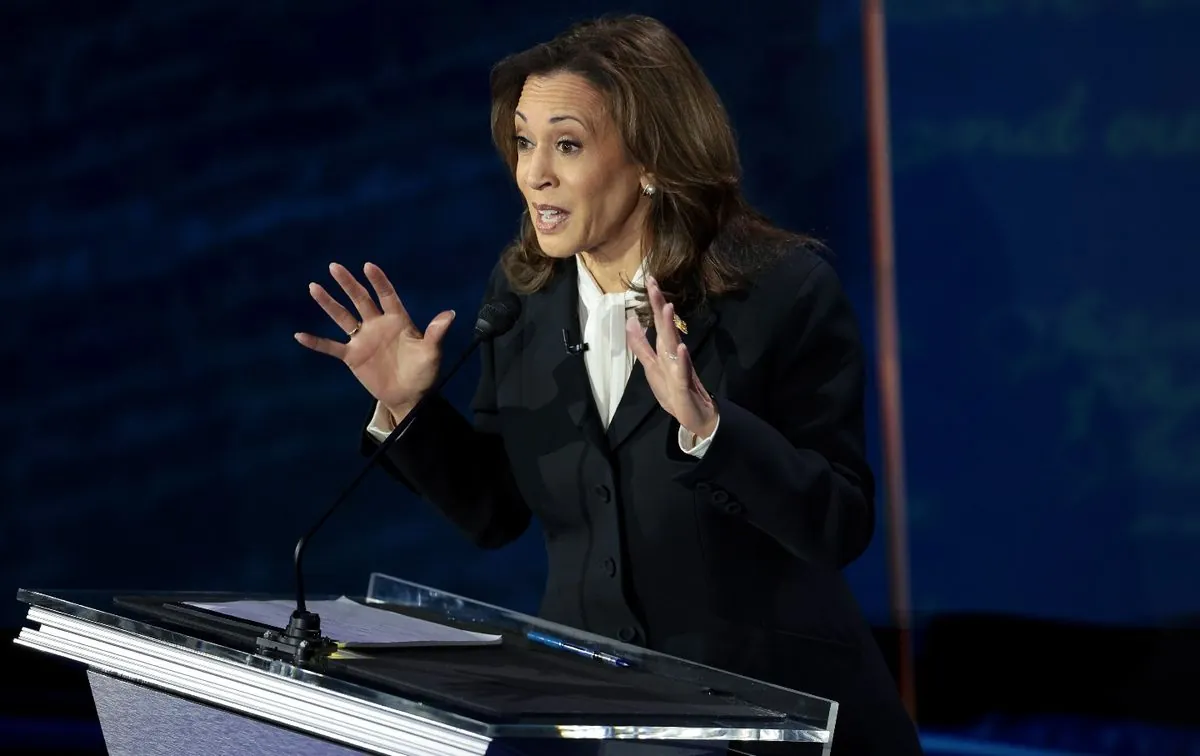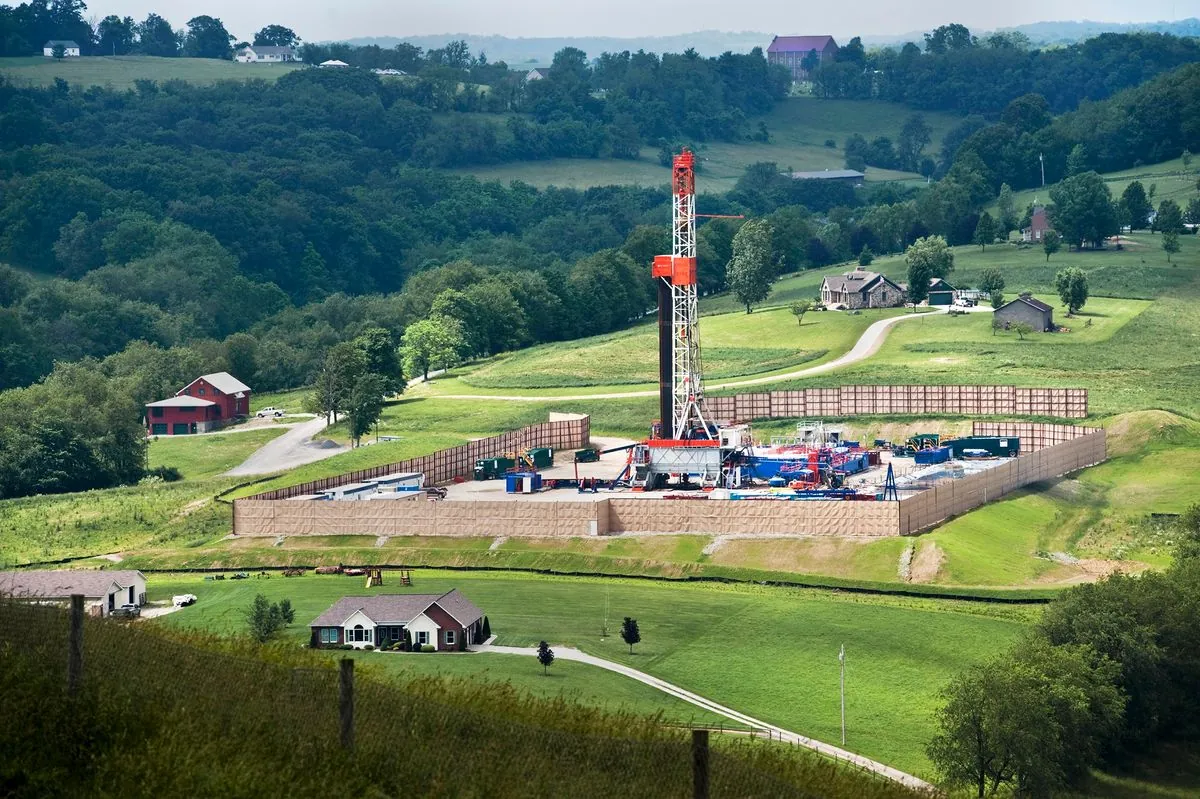Harris's Oil Stance Sparks Debate on Climate Policy and Election Strategy
Vice President Kamala Harris's unexpected support for increased domestic oil production during a debate has ignited discussions on the administration's climate policies and election strategies, drawing mixed reactions from various sectors.

In a recent debate, Vice President Kamala Harris made a surprising statement supporting increased domestic oil production, sparking discussions about the Biden-Harris administration's climate policies and election strategies. This unexpected stance has drawn mixed reactions from environmental groups, political strategists, and the energy industry.
Harris, known for her previous support of climate initiatives like the Green New Deal, emphasized that the current administration has overseen "the largest increase in domestic oil production in history." This statement conflicts with the administration's frequent assertions of being champions in the fight against global warming.
The Biden-Harris administration has taken significant steps in climate action, including rejoining the Paris Agreement and setting ambitious targets to reduce greenhouse gas emissions. They aim to slash U.S. emissions by 50% by 2030 and achieve 100% carbon pollution-free electricity by 2035. However, Harris's recent comments seem to diverge from these goals.

Environmental groups expressed disappointment with Harris's statements. Stevie O'Hanlon, spokesperson for the Sunrise Movement, stated:
"Harris missed a critical opportunity to lay out a stark contrast with Trump and show young voters that she will stand up to Big Oil and stop the climate crisis."
However, some groups, like Climate Power, maintained support for Harris, citing the threat posed by Donald Trump's potential return to office and his history of rolling back environmental protections.
The debate has highlighted the complex balance between climate action and energy policy, especially in key swing states like Pennsylvania. As the second-largest natural gas producer in the United States, Pennsylvania's stance on fracking could significantly influence the 2024 presidential election.
Mike Sommers, president and CEO of the American Petroleum Institute, welcomed Harris's support for fracking, stating, "You have to be for fracking to be elected president in 2024." This perspective underscores the political importance of energy policy in the upcoming election.
Harris's current stance appears to contrast with her past actions as California's Attorney General, where she sued oil companies and won settlements against "Big Oil." This shift has led some to view her recent comments as a strategic move towards the political center on energy issues.
As the election approaches, both the Harris and Trump campaigns will likely continue to refine their energy and climate policies, balancing environmental concerns with economic and political realities. The debate surrounding Harris's comments serves as a reminder of the complex interplay between climate action, energy production, and electoral politics in the United States.


































